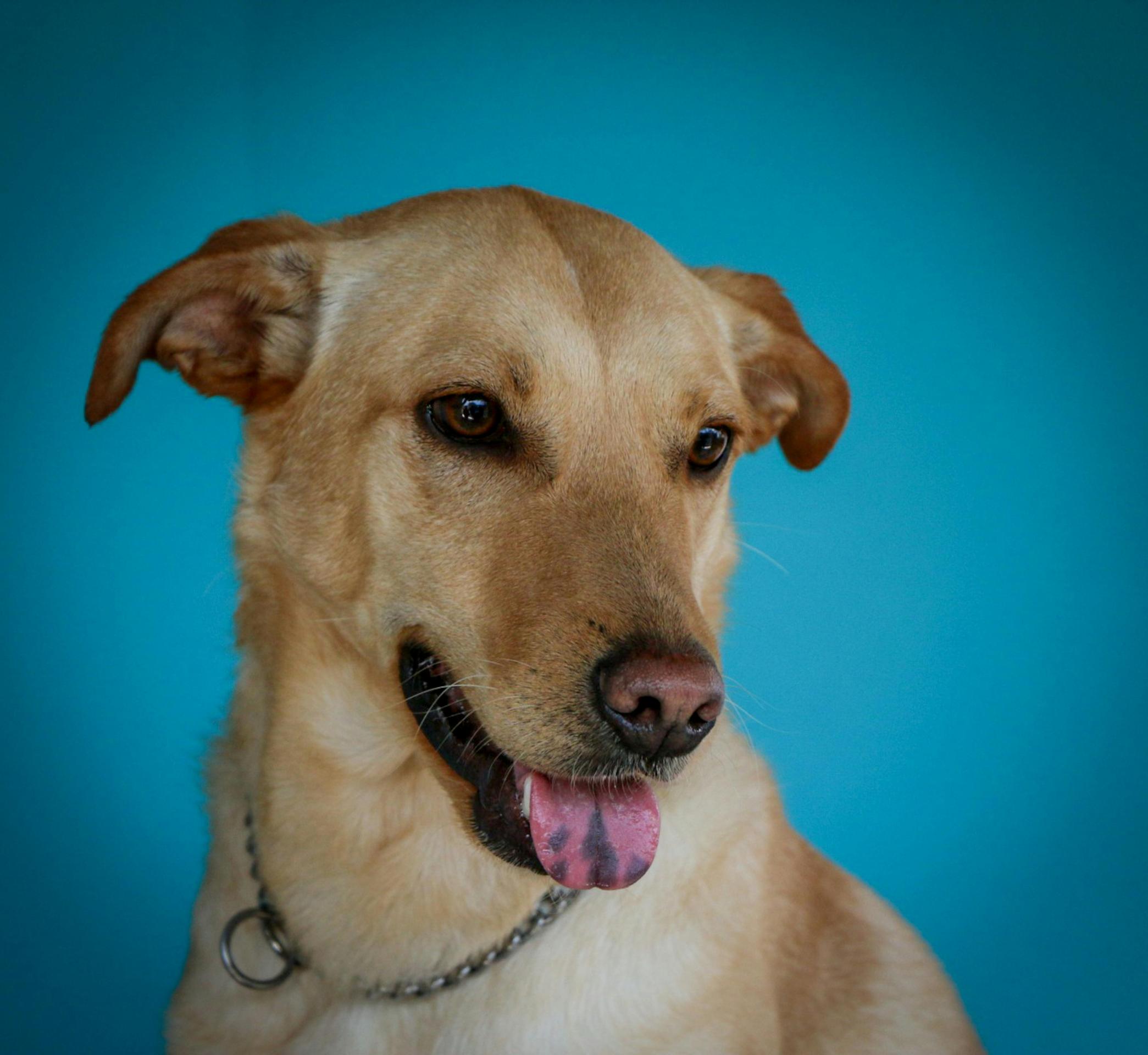As a responsible pet owner, one of the most important decisions you may make for your dog is neutering. Neutering, also known as castration for male dogs, is a routine procedure that offers many health, behavioral, and social benefits. If you're considering neutering your dog, this comprehensive guide will explain everything you need to know about the procedure, its benefits, and what to expect before, during, and after the surgery.
What Is Dog Neutering?
Dog neutering is a surgical procedure in which a male dog's testicles are removed, rendering him unable to reproduce. The process is relatively simple and is performed under general anesthesia. Neutering is different from spaying, which involves the removal of a female dog's ovaries and uterus.
Benefits of Neutering Your Dog
Neutering offers a wide range of benefits for both your dog and the community. Some of the most notable advantages include:
-
Prevention of Unwanted Litters
Neutering ensures that your dog cannot father puppies, helping to reduce the overall pet overpopulation problem. -
Health Benefits
Neutering eliminates the risk of testicular cancer and can help prevent prostate issues. Additionally, it lowers the risk of certain types of hernias. -
Behavioral Benefits
Neutered dogs are often less aggressive and less likely to exhibit dominant behavior. Neutering can reduce territorial marking, roaming, and the urge to escape in search of a mate. -
Improved Focus and Training
Neutered dogs are often easier to train since they are less distracted by hormonal urges. This can lead to better behavior both at home and in public.
When Should You Neuter Your Dog?
The best age to neuter your dog varies depending on his breed, size, and overall health. In general, most veterinarians recommend neutering dogs between six months and one year of age, before they reach sexual maturity. However, some larger breeds may benefit from waiting until they are older. It's always a good idea to discuss the timing with your veterinarian to ensure the best outcome for your pet.
What to Expect Before Neutering Surgery
Before the surgery, your veterinarian will perform a thorough examination of your dog to make sure he is healthy and a good candidate for the procedure. Blood tests may be done to check organ function and overall health. Here’s what you can expect in the days leading up to the surgery:
- Fasting: Your dog will be required to fast for 8-12 hours before surgery to reduce the risk of complications during anesthesia.
- Pre-Surgery Instructions: Your vet will provide you with specific instructions on how to prepare your dog for surgery, including any medications or other requirements.
The Neutering Procedure
Neutering is a relatively quick and straightforward surgery. Here’s what happens during the procedure:
- Anesthesia: Your dog will be given general anesthesia to ensure he is asleep and pain-free throughout the surgery.
- Surgical Incision: The vet will make a small incision near your dog’s scrotum and remove both testicles.
- Closure: The incision is typically closed with stitches or surgical glue, and your dog will be monitored as he wakes up from anesthesia.
- Recovery: After the procedure, your dog will be monitored for a short time before being sent home with you.
What to Expect After Neutering Surgery
After neutering, your dog will need some time to recover. The recovery process typically takes about 10-14 days, during which time you should take special care to ensure your dog heals properly.
- Pain Management: Your vet will likely prescribe pain medications to help keep your dog comfortable during recovery. It's important to follow the medication schedule and instructions.
- Activity Restrictions: Limit your dog’s physical activity during the recovery period. No running, jumping, or rough play should take place until the incision has healed completely.
- Incision Care: Keep the surgical site clean and dry. Prevent your dog from licking or chewing at the incision by using an Elizabethan collar (cone) if necessary.
- Follow-Up Appointments: Your vet may schedule a follow-up visit to check on your dog’s recovery and remove any stitches if required.
Common Concerns and FAQs
Is neutering safe for my dog?
Yes, neutering is a common and safe procedure performed by experienced veterinarians. While there are always risks with surgery, they are minimal when proper care is taken.
Will neutering change my dog’s personality?
Neutering should not change your dog’s basic personality. However, it may reduce certain hormone-driven behaviors such as aggression, territorial marking, and roaming.
Is neutering painful for my dog?
Your dog will be under anesthesia during the procedure, so he won’t feel pain. Post-surgery discomfort is usually minimal, and pain medications will be provided to manage any discomfort.
How long will it take for my dog to recover?
Most dogs recover within 10-14 days, although it’s important to monitor the surgical site for any signs of complications. Full healing can take a few weeks, and physical activity should be limited during that time.
Neutering is an essential step in responsible pet ownership. Not only does it prevent unwanted litters, but it also offers a host of health and behavioral benefits for your dog. If you’re considering neutering your dog, consult with your veterinarian to discuss the best age and timing for the procedure. At Ingleside Animal Hospital, we’re here to guide you through the process and ensure your dog’s health and well-being before, during, and after surgery.
If you have questions and you'd like to reach out to us, you can call us directly at (602) 833-7511, or you can email us at [email protected]. Don't forget to follow us on social media Facebook, Instagram.

